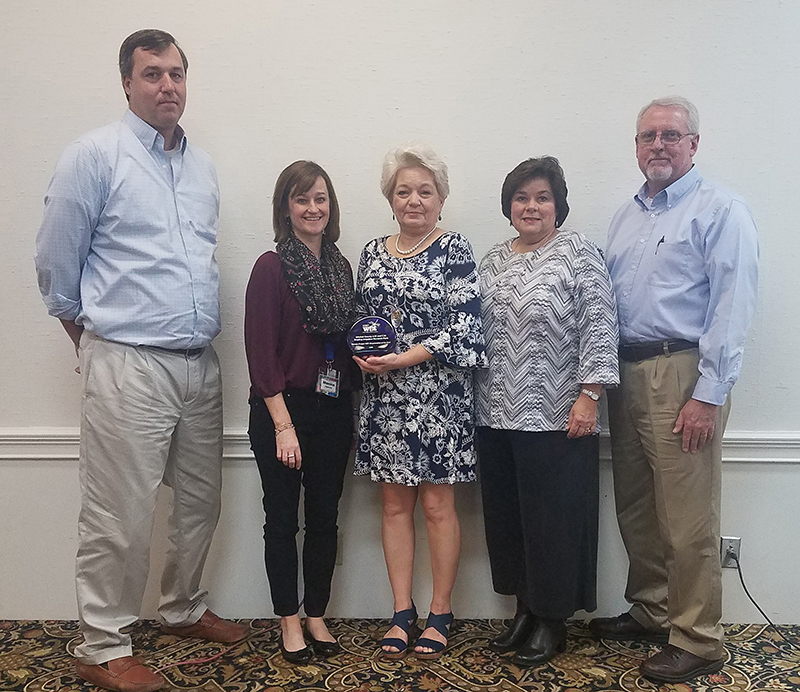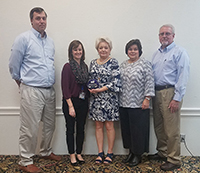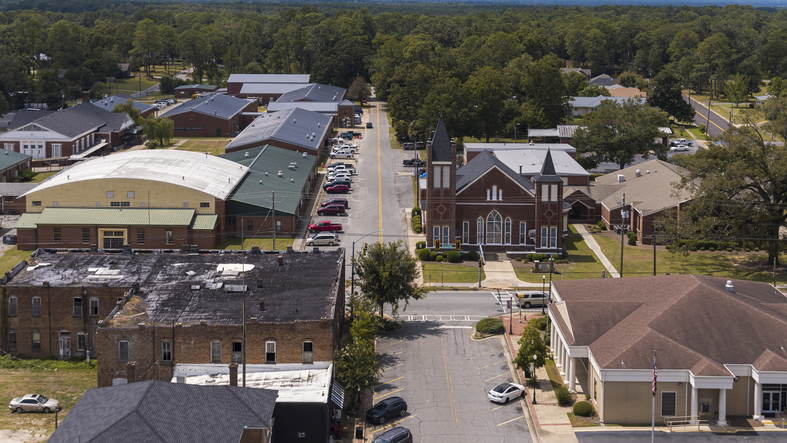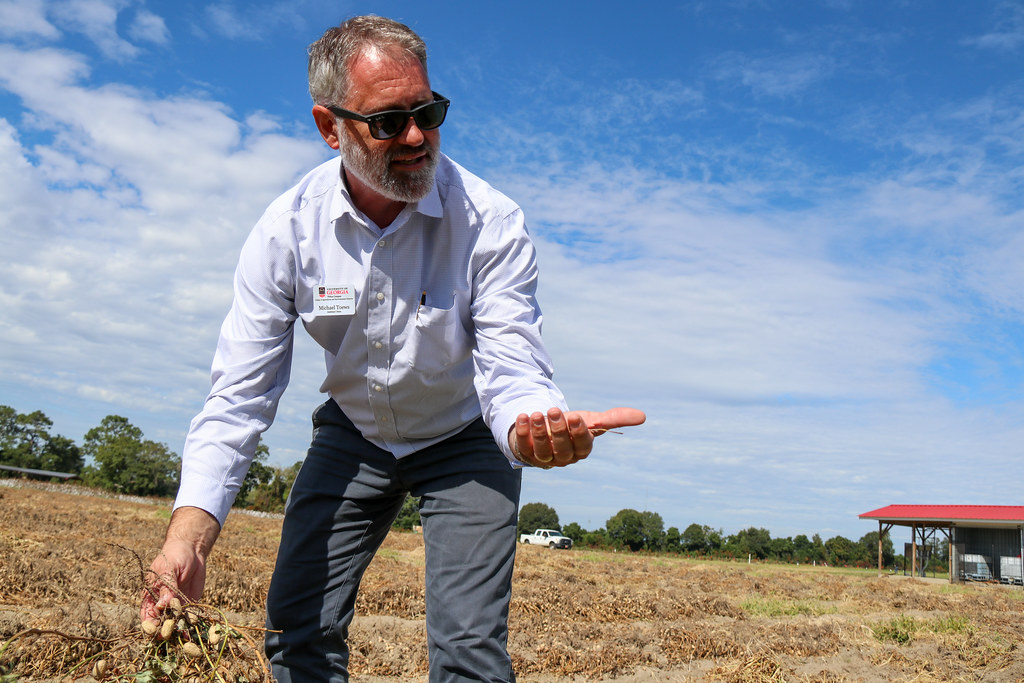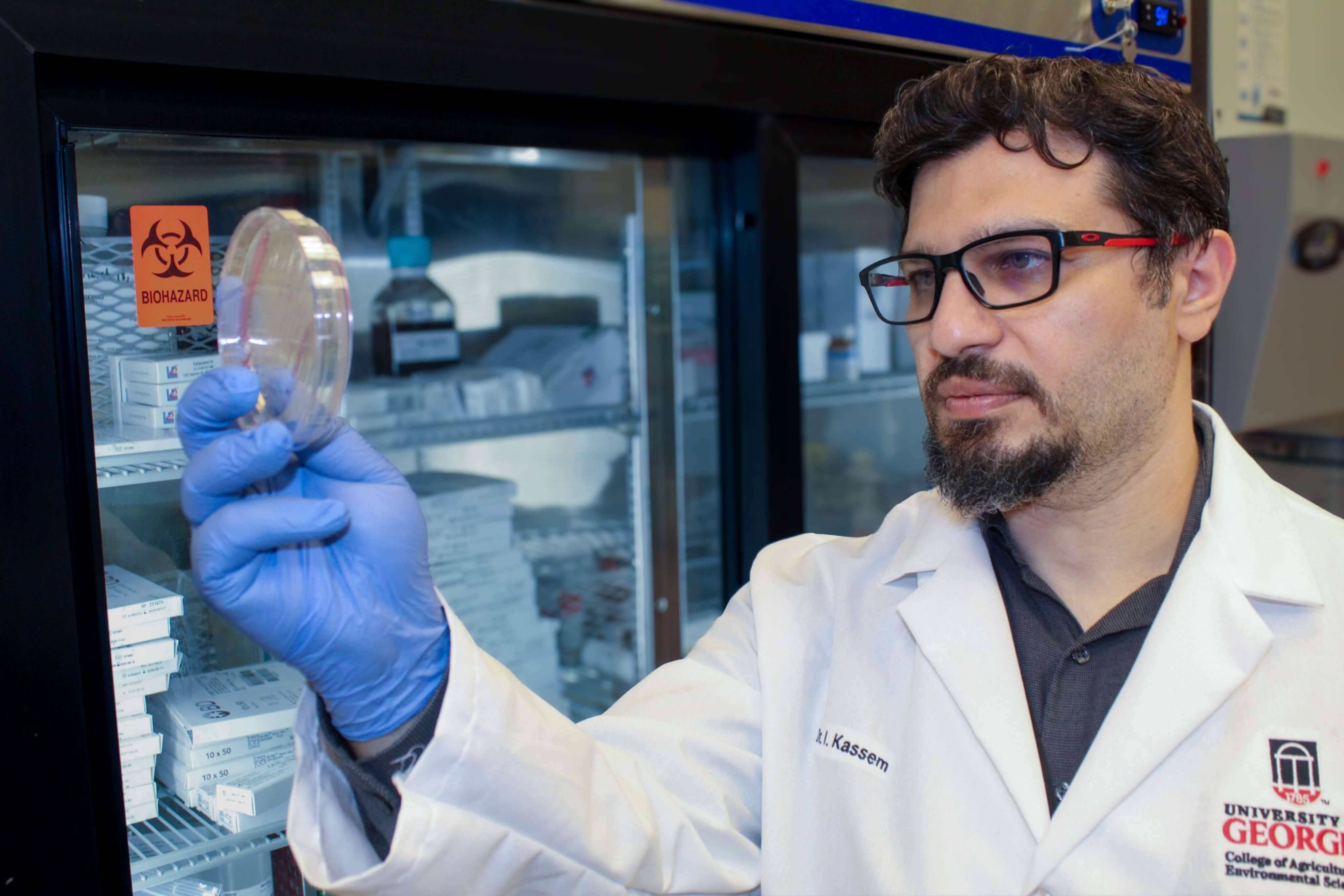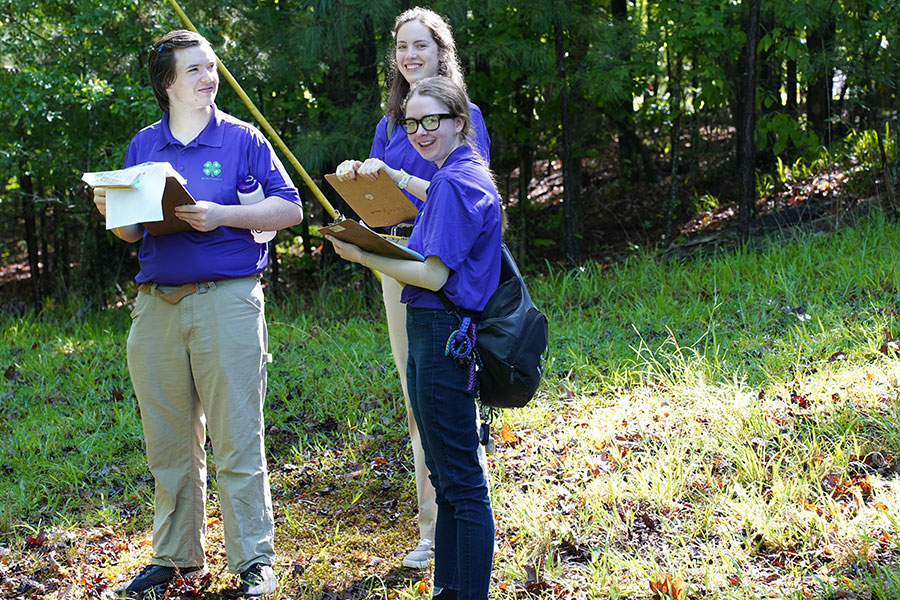Along with the University of Georgia's C.M. Stripling Irrigation Research Park, the UGA Cooperative Extension 4-H program in Mitchell County has been named the 2019 Georgia Project WET Organization of the Year for hosting a Georgia 4-H camp designed to teach children the importance of water conservation.
For the past 11 years, the 4-H2O summer camp has been presented to 4-H members in the area through the combined efforts of 4-H and Stripling research park. The joint contributors received their award on Saturday, March 9, in Albany, Georgia, from Georgia Project WET (Water Education for Teachers), a water-education organization dedicated to promoting awareness, appreciation, knowledge and stewardship of water resources through K-12 classroom-ready teaching materials and educator workshops.
Mitchell County 4-H Extension Educator Debra Cox nominated the Mitchell County 4-H and Stripling research park for the high number of Project WET educators who teach at the camp and the curriculum they teach.
“This program has worked hard to educate many youth and adults across southwest Georgia on water usage and awareness of preserving clean drinking water for generations to come,” Cox said.
The three-day 4-H2O summer camp began in 2007 and has since educated more than 2,000 youths and adults. The camp is divided into two days of water education and one day of fun using water. The educational component covers topics ranging from water conservation to water’s role in helping agricultural crops grow.
“By implementing this program, we wanted to show the students why we need to be good stewards of water,” said Calvin Perry, Stripling research park superintendent. “Youth in the region need to learn about water because it’s important for us, plants and animals to have. That’s why we need to conserve water.”
The camp curriculum is different each year in terms of topics, speakers and activities, Perry said. “We try to make sure our camp is better every year and updated to keep kids interested.”
The next camp will be held June 11-13. For more information about research being conducted at Stripling research park, see https://striplingpark.org/.

